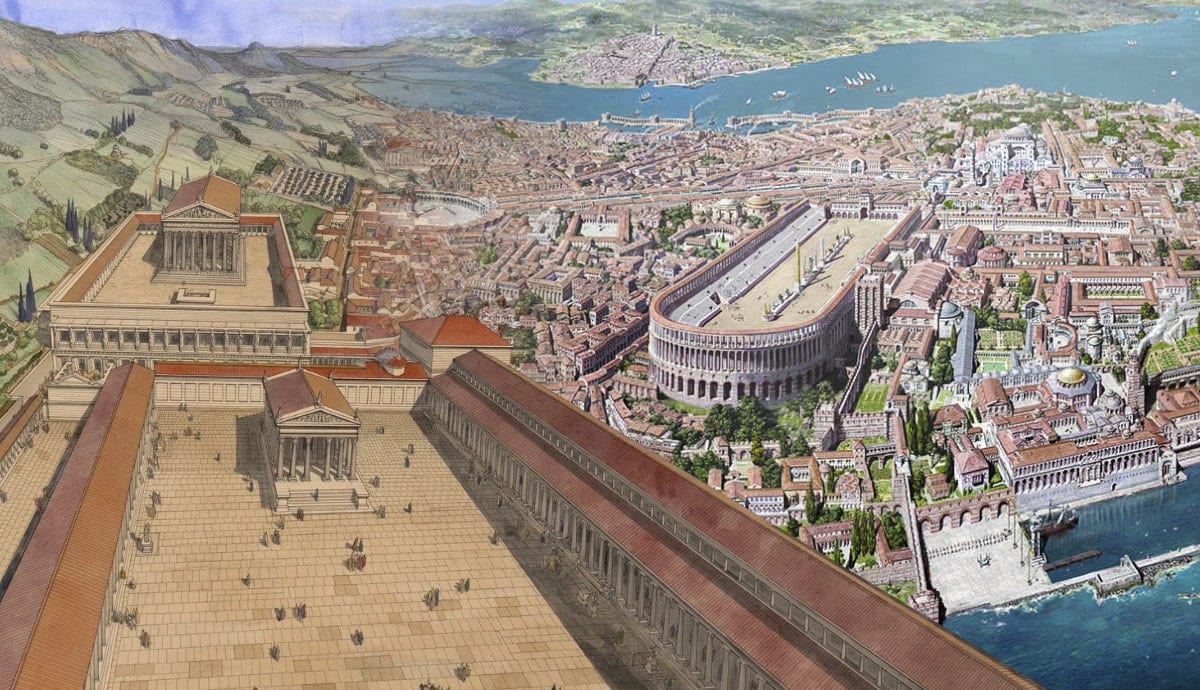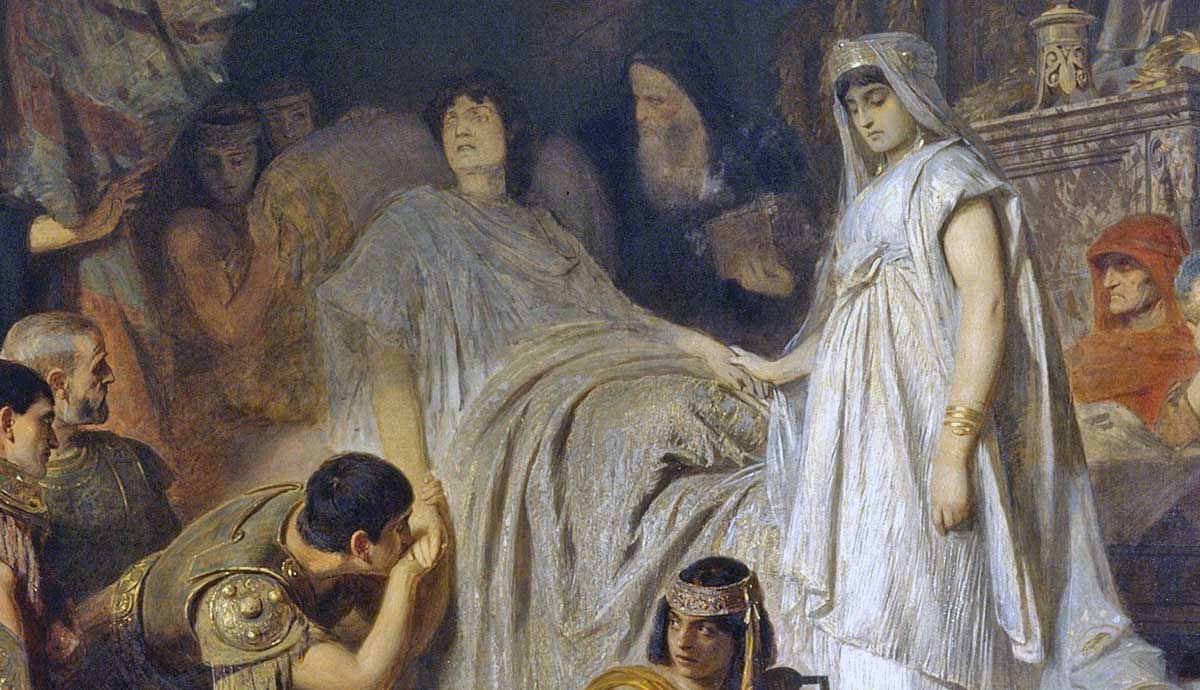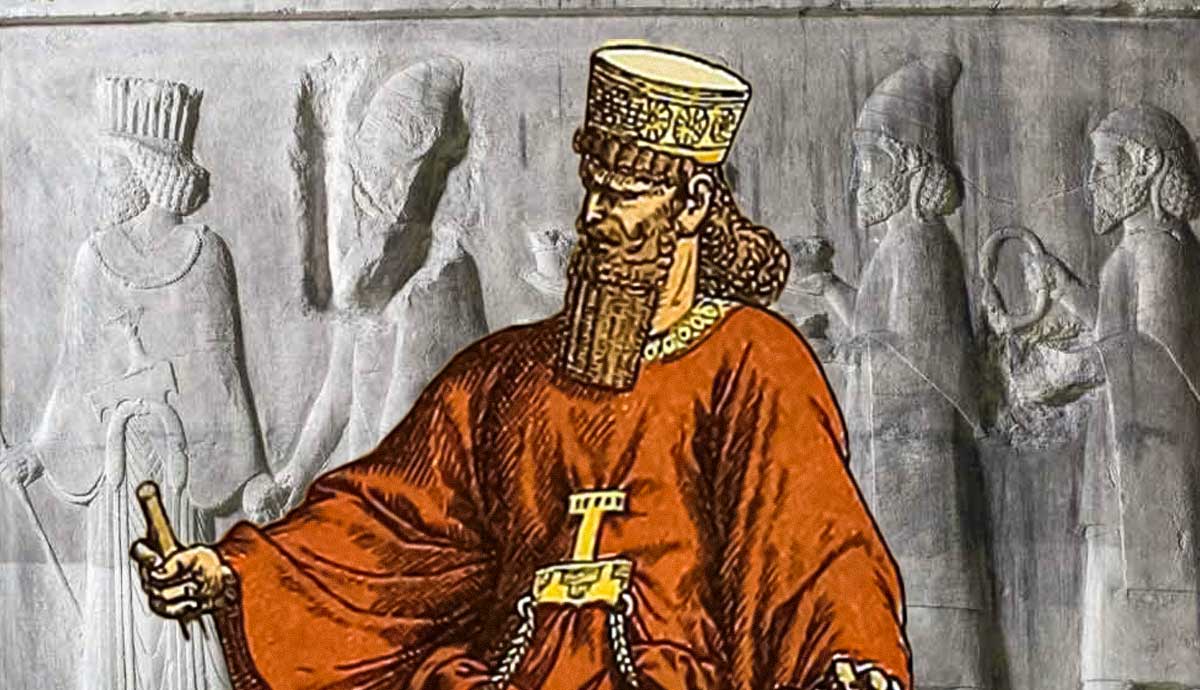
Ancient Rome is hailed as one of the most distinguished civilizations in history due to the amount of power and control it wielded at its peak. The empire had advanced technologies and outstanding military successes. Beginning in the 8th century BCE, it grew from a small town situated on the banks of Italy’s Tiber River into an empire that spanned parts of Europe, Northern Africa, and the Middle East. Rome became an empire in the late 1st century BCE after Octavian emerged victorious in the civil war that followed his grand-uncle Julius Caesar’s assassination.
Founding the Roman Kingdom

Aside from the founding myth of Romulus and Remus, according to tradition, seven kings ruled the city of Rome until 509 BCE, when King Lucius Tarquinius Superbus was overthrown and the Roman Republic was founded. The Roman Senate was the most important political body during the Republic, which lasted for almost five centuries until Emperor Augustus (Octavian) assumed the title of princeps in 27 BCE. The Empire was characterized by a strong military tradition and most emperors led armies in battle.
During this period, the emperor was the ultimate ruler and was advised by the Senate. The striking difference is Roman senators had controlled the government during the Republic, but during the early empire its members were relegated to being advisors to the emperor.
Factors That Contributed to the Success of the Roman Empire

There were many emperors who followed Augustus, each with his own unique qualities. Emperor Nero, for example, is remembered for his tyrannical predisposition, draining the treasury, and killing those who questioned him. Emperor Trajan, on the other hand, is revered for expanding Rome’s borders to the greatest extent in history. Some of his most notable accomplishments included victories over the kingdoms of Dacia (in modern Romania) and Parthia (in modern Iran).
The Roman military was one of the key reasons for Rome’s success. Its success in war allowed the empire to expand to over three continents.
The Roman Empire’s Unique Elements

The Romans were exceptionally advanced in many areas including ethics and technology. Ethical problems were, for example, countries using new laws such as those that were designed to minimize infidelity with an aim to improve family life. The ingenuity of Roman engineers was also very advanced for its time. For example, its engineers developed underground sewage systems and utilized cement and concrete to build durable buildings. The empire’s engineers were also able to build sophisticated road systems that were used for centuries after they were built. The roads allowed for the movement of armies and traded goods. Additionally, the Romans came up with unique inventions such as the Julian calendar and some modern surgical tools and procedures.
The Fall of the Roman Empire

From its founding in 753 BCE to the collapse of the empire in 476 CE, Ancient Rome lasted over a millennium. However, the vastness of the empire led to myriad problems. Emperors were often overthrown by new power-hungry rivals. Corruption in the Senate also contributed to the weakening of the empire. These factors caused Rome to lose stability. Eventually, Rome was divided into the Western and Eastern empires. The Eastern empire grew while the Western empire faced a wave of serious economic crises.

The Eastern empire grew because of a number of factors. One of them was efficient tax collection systems, which enabled significant sums of money to flow into government coffers. For comparison, over 250,000 pounds of gold were collected each year by the Eastern administration as tax revenue. The figure was over 10 times that collected by the Western administration. As a result, the Eastern Empire had adequate funds to create a well-equipped army that was harder to overwhelm.
One major problem that hastened the downfall of the Western empire was the constant attacks by barbarian invaders. Germanic tribes, in particular, frequently attacked the region. The constant warfare drained the empire’s resources, further worsening its economic situation. Because of inadequate protection, the once illustrious empire finally fell in 476 CE to the Gothic chieftain Odoacer, who took over the city of Rome and became king of Italy. The Eastern Empire survived for another millennium as the Byzantine Empire before the fall of Constantinople in 1453.










